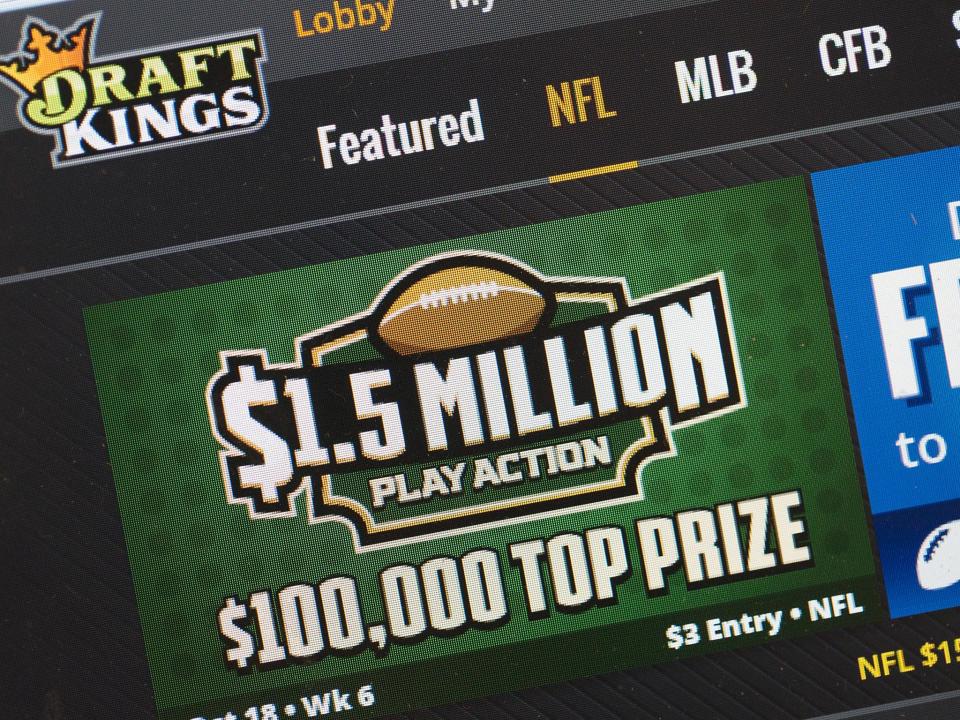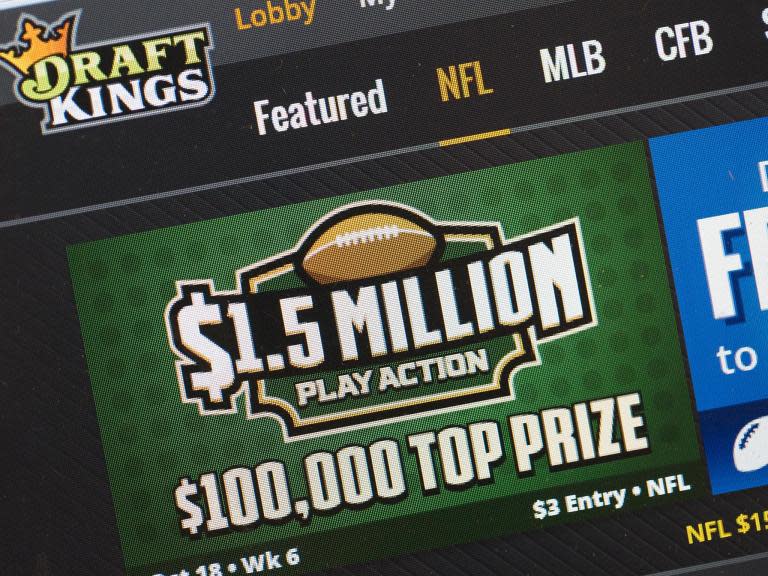Labour to ban credit card betting to tackle 'public health emergency' from problem gambling
Labour today brands problem gambling a “public health emergency” and vows to introduce a ban on bets using credit cards, as part of a major crackdown.
Advertisements during live sport would also be outlawed and gambling addicts allowed to tell their bank to put a stop to their online transactions.
And Labour would slap a compulsory levy of 1 per cent on gambling companies’ profits, to ensure they “take responsibility for harm caused”.
Tom Watson, Labour’s deputy leader, accused the government of “letting problem gamblers and their families down”, by failing to act.
“Problem gambling is Britain's hidden epidemic and we must treat it as a public health emergency,” he said.
“Current gambling regulation is not up to the job of protecting addicts and those at risk of addiction. Treatment is patchy across the country and too often patients are misdiagnosed and not treated by specialists who can spot the signs.
“Gambling companies have to take more responsibility for harm caused by their products and contribute more to research and treatment. We must also face up to the negative effect the explosion in gambling advertising has had.”
The package follows a year-long consultation with charities, specialists in gambling addiction, gambling organisations and addicts themselves.
It also comes as in-play betting becomes an increasingly prominent part of the gambling scene, with TV ads urging punters to place wagers on the next goalscorer or the final result.
Labour's review also uncovered concerns that, with instant online betting now widely available via smartphones, addicts, young people and those with mental health problems are particularly vulnerable.
Research by Goldsmiths University's Professor Rachel Cassidy estimated that gambling advertising increased six-fold between 2007 and 2013.
And recent analysis found that 17 per cent of all adverts during the football World Cup in Russia were for gambling.
Labour’s “world class framework” for preventing and treating problem gambling was welcomed by Dr Henrietta Bowden-Jones, of the National Problem Gambling Clinic.
“Many of our patients report that their relapse into harmful gambling was attributable to gambling adverts on TV or social media,” she said.
“Children are at risk. It is our opinion that without gambling adverts there would be a lot less risk of initiating the young and the vulnerable to gambling activities by normalising a potentially harmful behaviour.”
The policy institute Money and Mental Health, which contributed to the review, said: “Adverts with specific offers, like free bets when registering for an online account, can lead consumers to gamble more than they intend to.
“Their frequency and timing, such as late at night when people with mental health problems are vulnerable and more likely to respond, can create challenges to gambling responsibly.”
Under Labour's proposals, bookmakers would still be able to offer odds on sporting events during play, but would not be allowed to advertise them for a specified period before and after games or during half-time or other breaks.
A similar scheme floated in Australia would outlaw ads from five minutes before kick-off until five minutes after the final whistle.

 Yahoo News
Yahoo News 

